How Do Off-Grid Solar Systems Provide Reliable Power in Remote Areas?
Feb 14, 2025
In regions where the electrical grid is inaccessible, off-grid solar power systems have emerged as a reliable and sustainable solution for providing electricity. Whether it's a home in a rural area, a remote industrial site, or a community in a developing country, off-grid solar systems offer the energy independence needed to thrive without reliance on traditional grid infrastructure. But how exactly do these systems work to ensure a consistent power supply in locations far from the nearest utility pole?
The Role of Off-Grid Solar Systems in Remote Areas
At their core, off-grid solar power systems are designed to generate, store, and distribute energy independently. These systems are particularly valuable in remote areas where extending the electrical grid is impractical or cost-prohibitive. Instead of depending on a centralized grid, off-grid solar power systems use solar panels to convert sunlight into electricity, which is then stored in batteries for later use. This process ensures a reliable power source, even when the sun isn't shining, such as during cloudy days or at night.
In these isolated locations, off-grid home solar systems provide an energy solution that is both sustainable and affordable. With renewable energy sources like the sun, these systems are ideal for locations that may struggle with inconsistent or high-cost electricity options. Over time, they become an excellent investment, lowering energy bills and reducing dependence on fossil fuels.
Key Components of Off-Grid Solar Systems
An off-grid solar power system comprises several crucial components that work together to ensure a continuous and stable electricity supply. The main components include:
Solar Panels: These collect sunlight and convert it into electricity. The size and number of solar panels depend on the energy needs of the home or business. Larger systems with more panels are necessary for industrial off-grid power systems, which require more energy to run machinery or operations.
Inverters: Solar panels generate direct current (DC) electricity, but most homes and appliances run on alternating current (AC). Inverters convert DC electricity into AC, making it suitable for everyday use.
Batteries: To maintain a consistent energy supply, even when the sun isn't shining, off-grid systems include batteries for energy storage. The stored energy is drawn upon during periods of low sunlight, ensuring that users have access to electricity 24/7.
Charge Controllers: These devices manage the flow of electricity into and out of the batteries. They prevent overcharging, which can damage the batteries, and ensure that the batteries discharge at the right rate to avoid depletion.
Powering Homes and Businesses with Off-Grid Solar
In off-grid environments, both residential and industrial off-grid power systems play a crucial role in ensuring energy reliability. For homes, a properly sized off-grid solar system can easily meet daily energy needs. These systems are particularly beneficial in rural areas where the electrical grid might be unstable or absent. By harnessing solar power, these homes can avoid the high costs of bringing in grid power, which can be especially expensive over long distances.
For industrial applications, off-grid solar systems are just as vital. Remote mining operations, agricultural businesses, and construction sites all benefit from off-grid power solutions. These systems can power everything from small equipment to large-scale operations, helping businesses save on fuel costs for generators and reduce their carbon footprint. Industrial off-grid power systems often combine solar energy with energy storage to ensure that critical machinery can run smoothly, even during times of low sunlight.
Benefits of Off-Grid Solar for Remote Locations
There are several compelling reasons why off-grid solar systems are an ideal choice for remote areas.
Energy Independence: One of the primary advantages is energy independence. With a self-sufficient off-grid solar power system, individuals and businesses can stop worrying about fluctuating electricity costs or unreliable grid connections. In places where power outages or long restoration times are common, having a dependable off-grid system provides peace of mind.
Sustainability: Off-grid solar power systems are incredibly sustainable, as they rely on renewable energy from the sun. Unlike traditional generators that run on diesel or other fossil fuels, solar systems produce no harmful emissions and reduce dependence on non-renewable resources. This is especially beneficial in remote areas that are vulnerable to environmental changes or natural resource depletion.
Cost Savings: While the initial investment in an off-grid solar power system can be significant, the long-term savings are substantial. After installation, these systems have very low maintenance costs, and their energy is essentially free. Over the years, the savings on electricity bills and fuel costs for backup generators can far outweigh the initial setup costs.
Minimal Maintenance: Off-grid solar systems are known for their reliability and ease of maintenance. Once installed, they require minimal upkeep, with periodic cleaning of the panels and occasional battery maintenance. This makes them particularly suited for remote areas where it might be challenging to access maintenance services frequently.
Scalability: Off-grid solar systems can be easily scaled to meet changing energy demands. For homes, this might mean adding more solar panels as energy needs grow. For industrial off-grid power systems, additional panels or batteries can be added to accommodate more extensive operations.
Overcoming Challenges in Remote Areas
While off-grid solar power systems offer tremendous benefits, there are also challenges to consider. For instance, areas with limited sunlight, such as those that experience frequent cloudy weather or have seasonal variations in sunlight, may require larger battery storage and a backup generator to ensure reliable power.
Additionally, the upfront cost of an off-grid solar system can be a barrier for some, especially in regions with lower income levels. However, the long-term savings often offset this initial investment, making it a more affordable option over time.
For industrial off-grid power systems, ensuring that the system is designed to meet the specific energy requirements of the site is crucial. Energy demand can vary greatly depending on the machinery and operational hours, so a careful energy audit is necessary to determine the right system size and capacity.
Long-Term Impact on Remote Communities
For communities in remote areas, off-grid solar systems offer more than just a power source; they can drive long-term economic and social improvements. With reliable power, homes can enjoy better living standards, businesses can operate more efficiently, and healthcare and education services can be enhanced.
In countries or regions where grid access is limited or unreliable, off-grid solar systems become an essential tool for development, providing opportunities for growth and self-sufficiency that were previously unavailable.
Off-grid solar systems are paving the way for a more sustainable, reliable, and independent energy future for homes and industries in remote areas. With continued advancements in solar technology and energy storage solutions, their role in transforming off-grid environments will only grow.
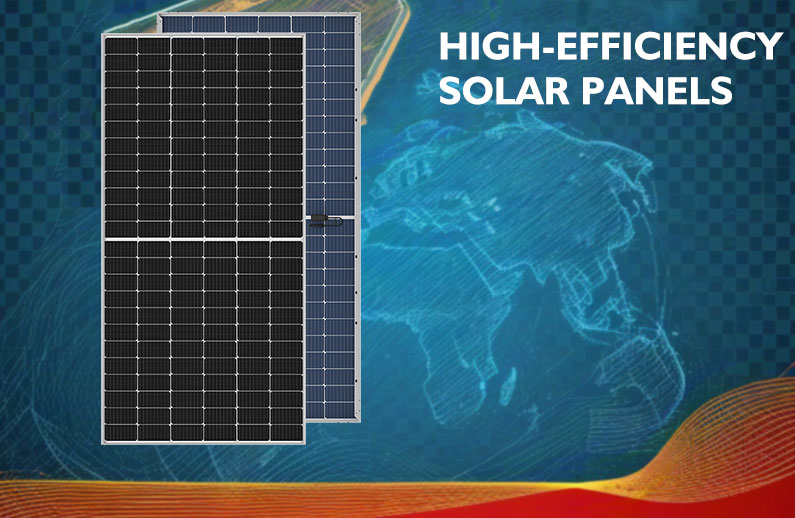
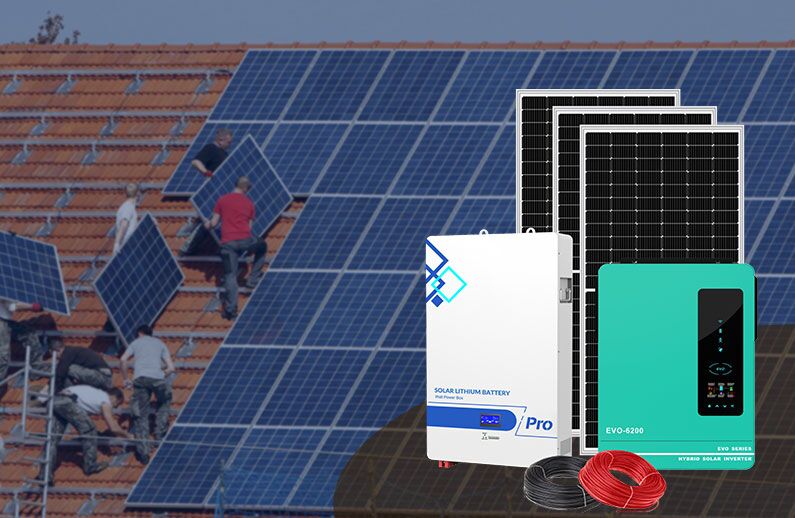
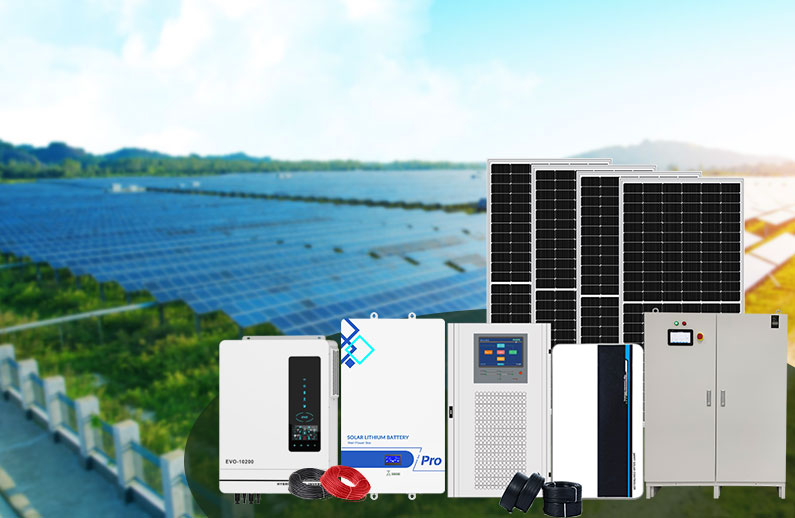
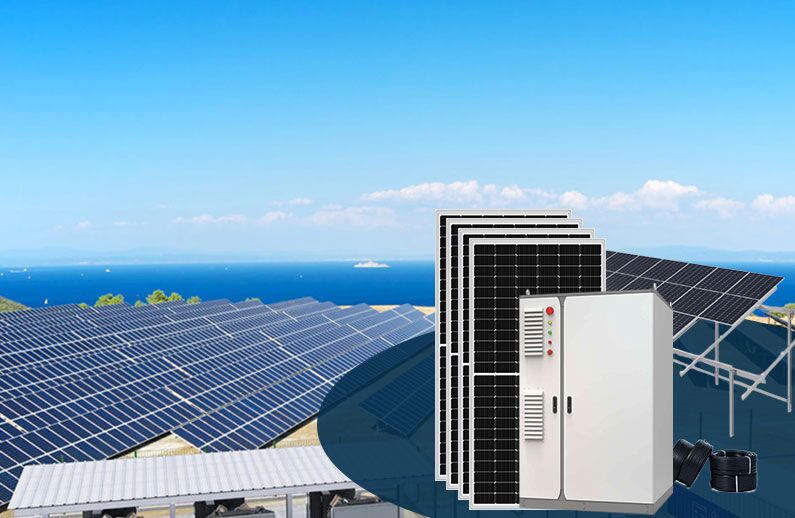
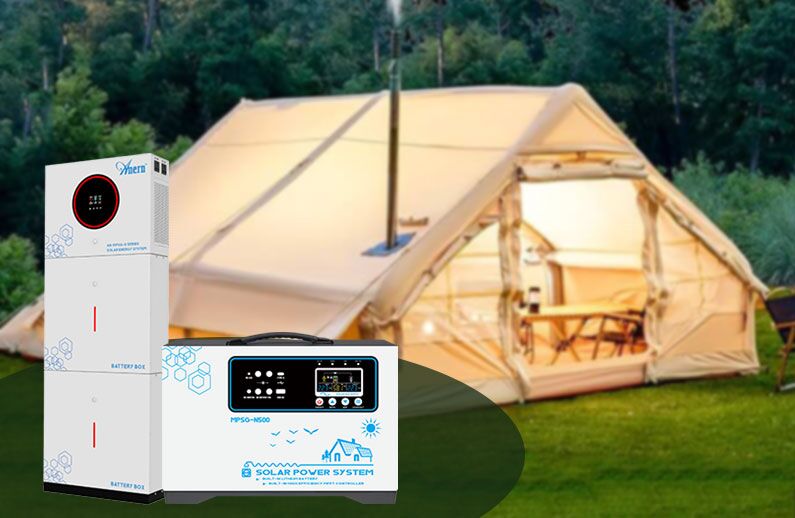
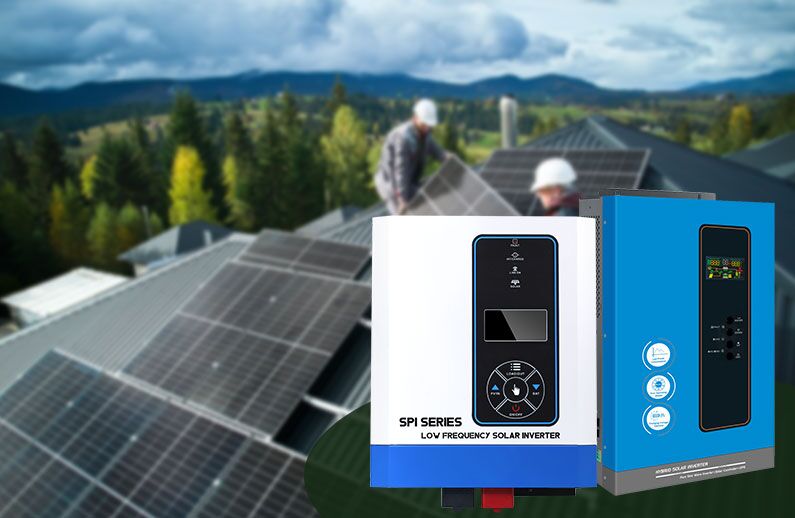
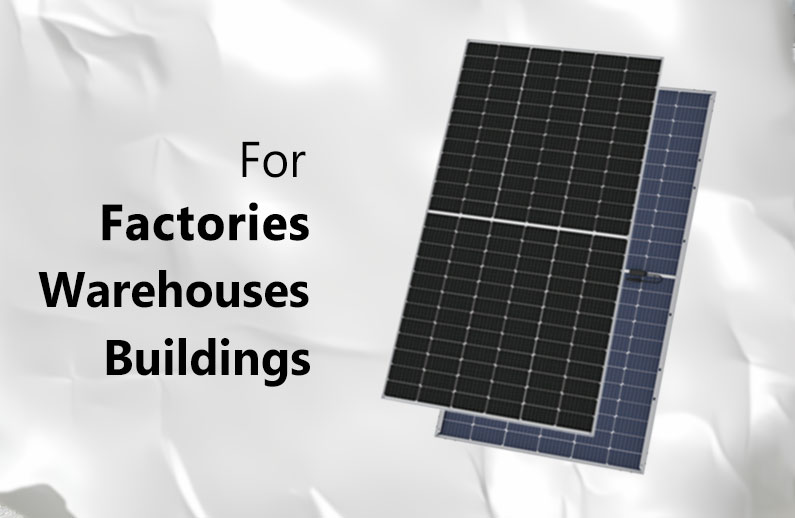
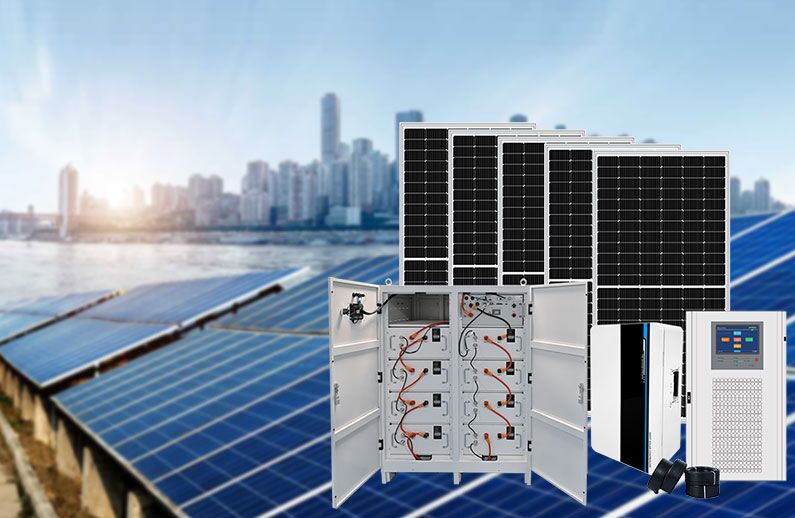

 Network Supported
Network Supported